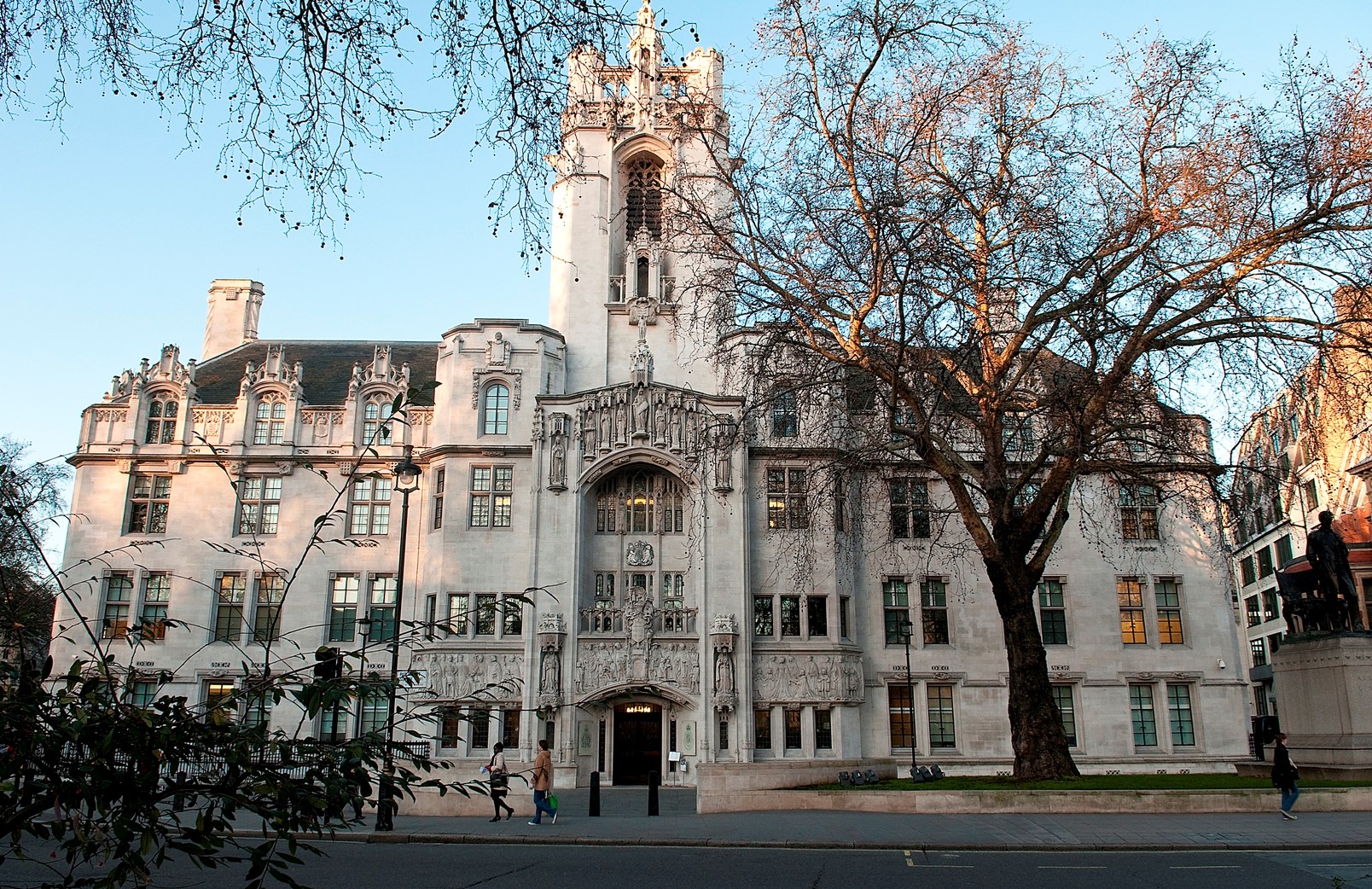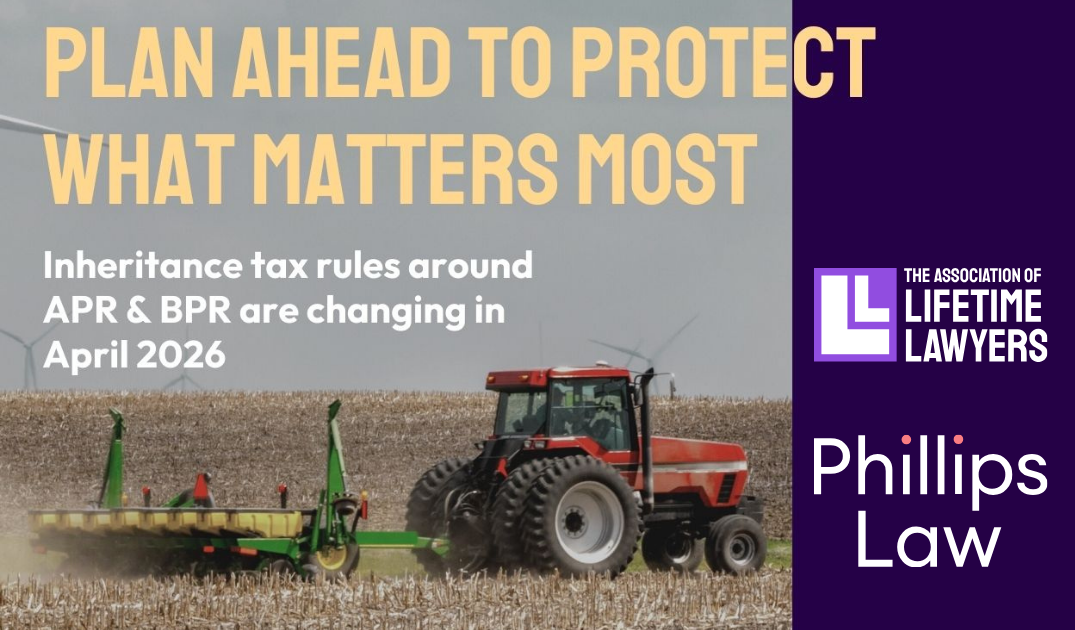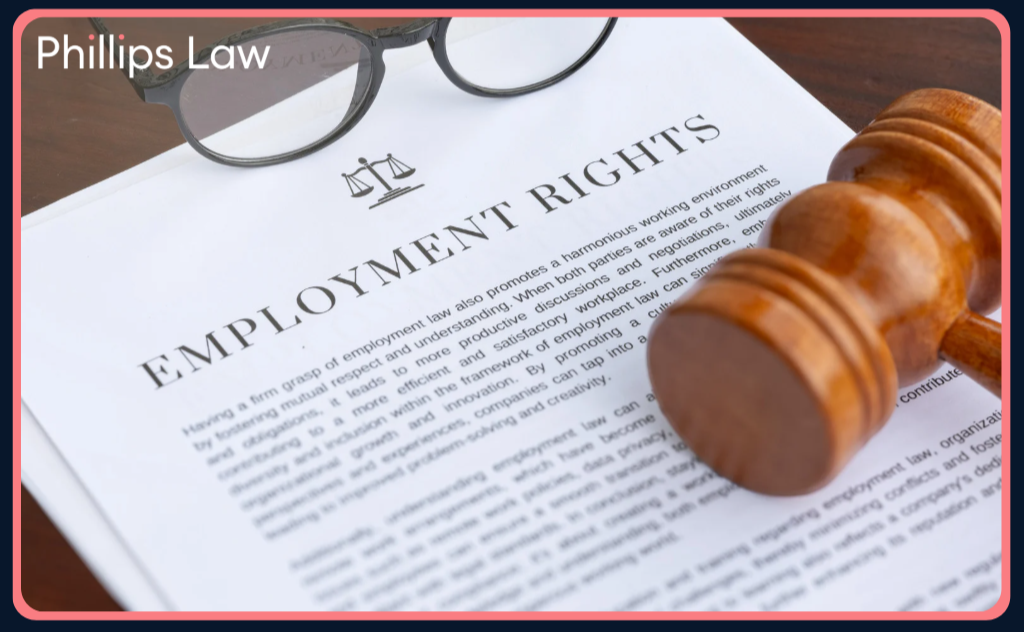
31 October 2022
Phillips Law are instructed by the Appellants, the executors of the estate of the late Timothy Gwyn-Jones (“Mr Gwyn-Jones”), in the case of Barton v Gwyn-Jones and others [2019] EWCA Civ 1999, which will be heard by the Supreme Court on 2nd November 2022.
The case deals with widely reported points of contract and restitution law and affects the drafting of “no win no fee” and contingency fee type agreements.
What are the facts of the case?
Foxpace Limited (“Foxpace”), a company under the control of Mr Gwyn-Jones, proceeded to sell Nash House, a property it owned. Foxpace entered into an oral agreement with Mr Barton (the Claimant) to pay him a fee of £1.2M if he introduced a purchaser to buy Nash House for £6.5M or more. Mr Barton found a buyer to whom the property was ultimately sold. However, the property was sold for £6M not £6.5M. Foxpace declined to pay the £1.2M fee claimed by Mr Barton and instead offered to pay Mr Barton £400,000 as a gesture of goodwill. Mr Barton rejected this offer and commenced legal proceedings.
What was the decision of the High Court?
In the High Court, Mr Barton claimed compensation from Foxpace on the following grounds:
- That under the terms of his agreement with Foxpace, he should receive £1.2M irrespective of the price that Nash House was sold for; and
- In the alternative, Mr Barton argued that he was entitled to a restitutionary award under the law of unjust enrichment.
The Court rejected the first of these arguments and held that under the express terms of the agreement, the payment of £1.2M was conditional and only to be paid if Nash House was sold for £6.5M. On the alternative argument, the Court found that whilst Foxpace had been enriched as a result of Mr Barton’s introduction, the application of the decision in MacDonald Dickens & Macklin v Costello [2011] EWCA Civ 930 meant that his claim must fail to avoid an “obvious interference” with the contractual terms agreed between Mr Barton and Foxpace.
Mr Barton appealed the High Court decision to the Court of Appeal.
The Court of Appeal decision
On appeal, the Court of Appeal found that the agreement between Mr Barton and Foxpace could not be interpreted as an “if, and only if” agreement as there was nothing to show that the parties had considered the circumstances of Nash House not achieving a sale price of £6.5M. In the leading judgment, Lady Justice Asplin held that: “In my judgment, there is nothing in the terms of the Agreement, objectively construed, which means that Mr Barton should receive nothing at all unless the £6.5M purchase price was achieved”.
The Court of Appeal went on to consider Mr Barton’s claim in unjust enrichment and disagreed with the High Court’s view that under the principle in Costello, Mr Barton’s unjust enrichment claim would interfere with the contractual terms agreed with Foxpace. The Court of Appeal found that although Mr Barton had taken the risk in forming the agreement that there would be either no sale or a sale at a price lower than £6.5M, that did not prevent him from claiming a fee based on unjust enrichment, and accordingly awarded Mr Barton 7.25% of the purchase price paid for Nash House (£435,000).
The Supreme Court hearing
Phillips Law are instructed on behalf of the estate of the late Mr Tim Gwyn-Jones, in appealing the Court of Appeal decision to the Supreme Court. The Supreme Court will hear the appeal on Wednesday 2 November 2022.
Contact Us
Please call us or email and we’ll get back to you as soon as possible.

We are delighted to announce that Phillips Law is the regional sponsor of the Knight Frank Schools Triathlon, supporting both the Charterhouse and Marlborough events. The Schools Triath ...
More
What farming families and business owners need to know If you own a farm, land, or a family business, you will have undoubtedly heard that inheritance tax (IHT) rules are changing. Whil ...
More
We are about to see a great wave of Employment Law changes following the Employment Rights Act 2025 becoming law in December. We will use these updates to keep you abreast of the change ...
More
As we look back on a busy and notable January at Phillips Law, we wanted to share a round-up of recent milestones, insights, and community moments from across the firm. Phillips Law cel ...
More
A guide to share incentivisation for employers and an update on the new employment rights. We have created a morning of practical insight that focuses on how you can reward and retain y ...
More
We are proud to announce Victoria’s Promise as Phillips Law’s Charity of the Year for 2026. Victoria’s Promise is a local charity providing dedicated support to young women aged 25 to 5 ...
More